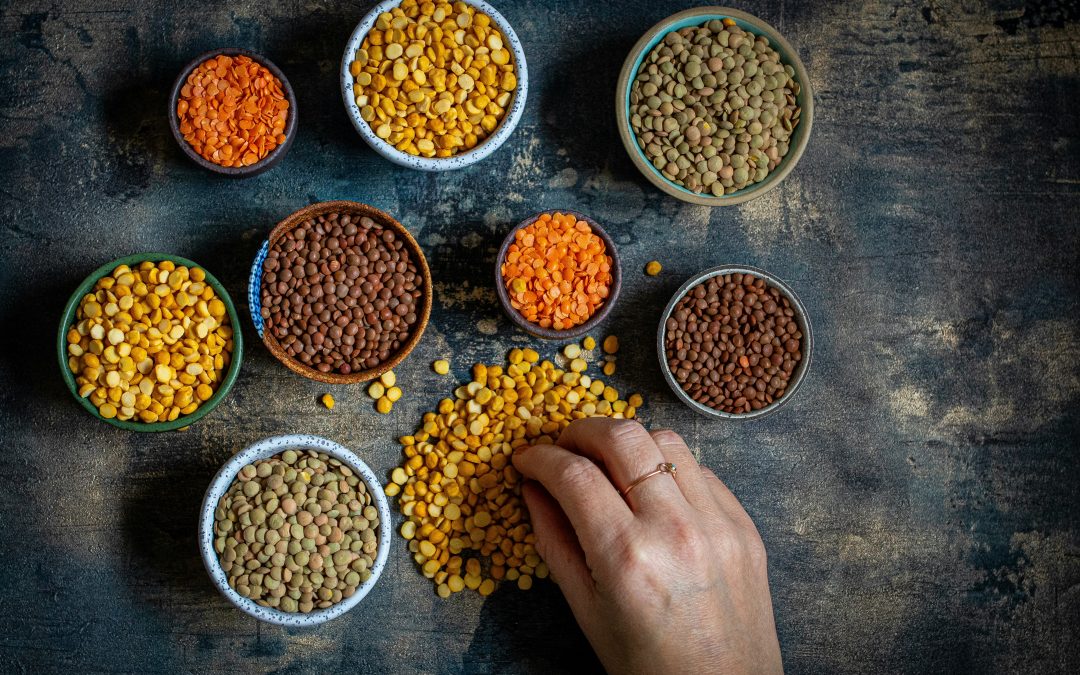Ever feel like winter leaves you sluggish, swollen, and constantly bloated? You’re not alone.
Colder months often bring a wave of gut discomfort — and it’s not just from one-too-many comfort meals. If your jeans feel tighter and your digestion is off, there’s a good reason. Let’s break down why winter bloating happens and what you can do to feel lighter, more energised, and back in control.
Table of Contents
Why Does Winter Make You Feel Bloated?
Less Movement = Slower Digestion
When it’s cold and dark, we tend to move less — and that lack of movement slows digestion. Gentle physical activity helps move food through the digestive tract, so skipping your usual walk can leave your gut feeling stagnant.
Heavier, Richer Meals
Winter is prime time for creamy pasta, cheesy bakes, and carb-heavy comfort food. These meals are delicious, but they’re often low in fibre and higher in saturated fat — a combo that can lead to bloating and irregularity.
Lower Water Intake
In summer, you’re constantly sipping water. In winter? Not so much. Dehydration is one of the most common — and overlooked — causes of bloating and constipation.
Gut Microbiome Shifts
Seasonal changes can affect your gut bacteria. Less exposure to fresh fruits, veggies, and sunlight may impact the diversity of your microbiome, which can influence how your body breaks down food.
What to Do About Winter Bloating
You don’t need a gut detox or a complete food overhaul. A few small shifts can help reduce bloating and support digestion — while still enjoying your favourite winter meals.
1. Start Your Day with Warm Water + Lemon
A simple mug of warm water with lemon can gently stimulate your digestive system and encourage regularity. Bonus: it helps you get that first glass of water in early.
2. Add More Fibre — the Right Way
Many winter meals are low in fibre, which slows digestion. Try adding:
-
Chickpeas or lentils to soups and stews
-
Wholegrain swaps like brown rice, oats, or high-fibre pasta
-
A small handful of seeds or psyllium to your morning yoghurt
Need an easier boost? A daily fibre supplement can help keep things moving – especially if you struggle to get enough fibre from food alone.
3. Prioritise Gut-Friendly Foods
Aim to include at least one of these daily:
-
Plain Greek yoghurt or kefir (for probiotics)
-
Cooked vegetables like spinach, zucchini, or pumpkin
-
Fermented foods like sauerkraut or kimchi (in small amounts)
Warm, cooked veggies are often better tolerated in winter than raw salads, and they’re still rich in gut-loving nutrients.
4. Stay Hydrated with Warm Options
If cold water doesn’t appeal in winter, opt for:
-
Herbal teas (peppermint, ginger, or fennel are especially good for digestion)
-
Hot water with citrus, cucumber, or a pinch of sea salt
-
Broth-based soups or bone broth
Aim for at least 1.5–2 litres of total fluid per day.
5. Move Gently After Eating
A short walk (even 5–10 minutes) after meals can significantly improve digestion and reduce bloating. If that’s not realistic, try some gentle yoga stretches like twists or child’s pose.
Small Changes = Big Relief
Winter doesn’t have to mean daily bloating. By tuning in to your hydration, fibre, and gut health, you can feel lighter, more energised, and more comfortable — without giving up your favourite cozy meals.
And remember: bloating doesn’t always mean you’re doing something “wrong.” It’s often just your gut asking for a little extra love. Start small, stay consistent, and your digestive system will thank yo

